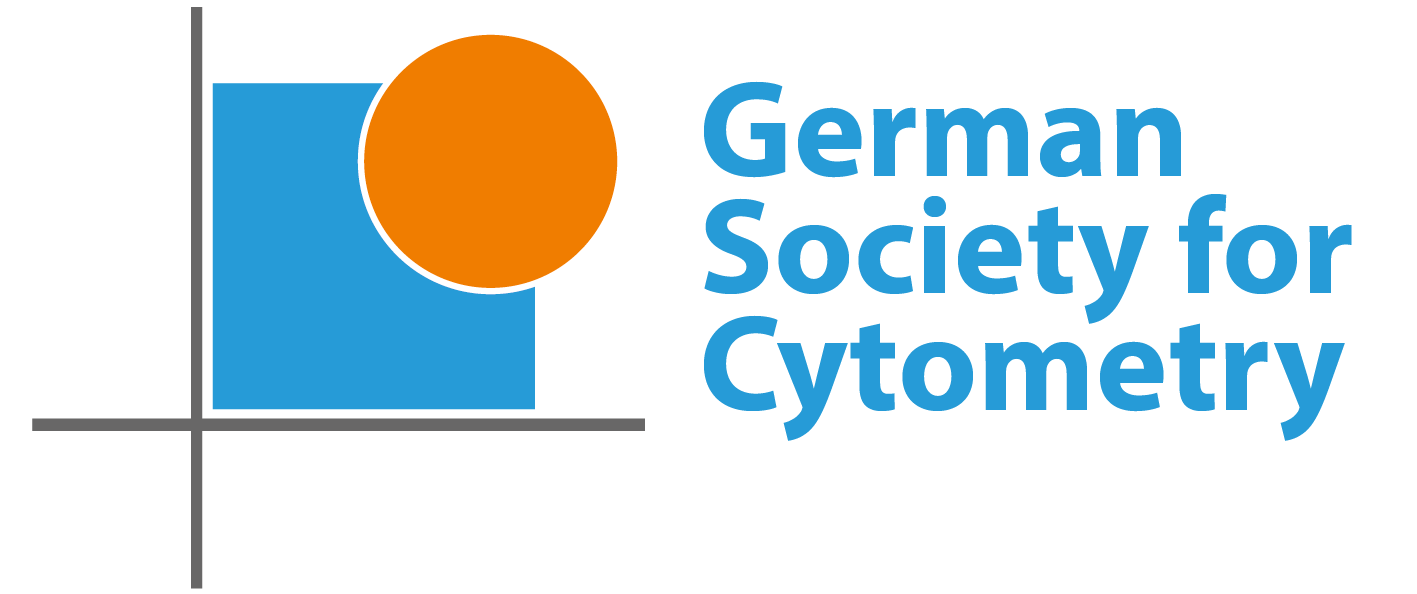Guest Lecture
Guest Lecture
Wednesday, September 20th, 2023, at 5:00 pm
Chair: Henrik Mei

Inflammasome function in health and disease
Deutsches Rheuma Forschungszentrum Berlin (DRFZ), a Leibniz-Institute | Charité -Universitätsmedizin Berlin, Berlin, Germany
Abstract
Inflammasomes represent key components of the innate immune system that play a central role in maintaining immune homeostasis and orchestrating immune responses. These multiprotein complexes are responsible for the activation of caspase-1, leading to the maturation and release of pro-inflammatory cytokines, such as IL-1β and IL-18. In health, inflammasomes are involved in host defense against microbial infections, tissue repair, and maintenance of tissue integrity. However, dysregulation of inflammasome function can contribute to the pathogenesis of numerous diseases. Inflammasome dysfunction has been implicated in various inflammatory disorders, including autoimmune diseases, such as rheumatoid arthritis and systemic lupus erythematosus, as well as chronic inflammatory conditions like atherosclerosis and inflammatory bowel disease. In addition, abnormal inflammasome activation has been linked to neurodegenerative diseases, such as Alzheimer’s disease and Parkinson’s disease. Furthermore, mounting evidence suggests a role for inflammasomes in the development of metabolic disorders, including obesity and type 2 diabetes and the NLRP10 inflammasome appears to be critical for skin and gut tissue homeostasis.
Understanding the intricate mechanisms underlying inflammasome activation and regulation is crucial for developing therapeutic strategies targeting these complexes. Several inflammasome inhibitors have shown promising results in preclinical and clinical studies, highlighting the therapeutic potential of modulating inflammasome function. Furthermore, the identification of specific inflammasome-associated biomarkers may aid in the diagnosis, prognosis, and monitoring of various diseases. Flow cytometric approaches have been developed that allow monitoring inflammasome activation by virtue of formation of the large inflammasome protein complexes. Monitoring inflammasome activation in patients holds promise for the development of novel treatments aimed at mitigating the detrimental effects of inflammasome-driven inflammation in various health conditions.
Biosketch
Eicke Latz completed his medical studies in Göttingen and Berlin, Germany, and subsequently worked as an intensive care physician at the Charité Hospital in Berlin. Later, he pursued post-doctoral training at Boston University and UMass Medical School in the Golenbock laboratory, focusing on innate immunity. After his post-doctoral training, Dr. Latz joined the faculty at UMass Medical School in 2006, where he currently holds the position of Adjunct Full Professor. His research at UMass Medical School has been instrumental in advancing our understanding of how the innate immune system functions to maintain health and how its dysfunction can contribute to disease development. In 2010, Dr. Latz returned to Europe and established the Institute of Innate Immunity at the University of Bonn in Germany that focuses on identifying the underlying mechanisms of innate immune activation in chronic inflammatory diseases. Dr. Latz has been recognized as a highly cited researcher in the field of immunology yearly since 2014 and in 2017, he received the Leibniz Prize for his research achievements.
